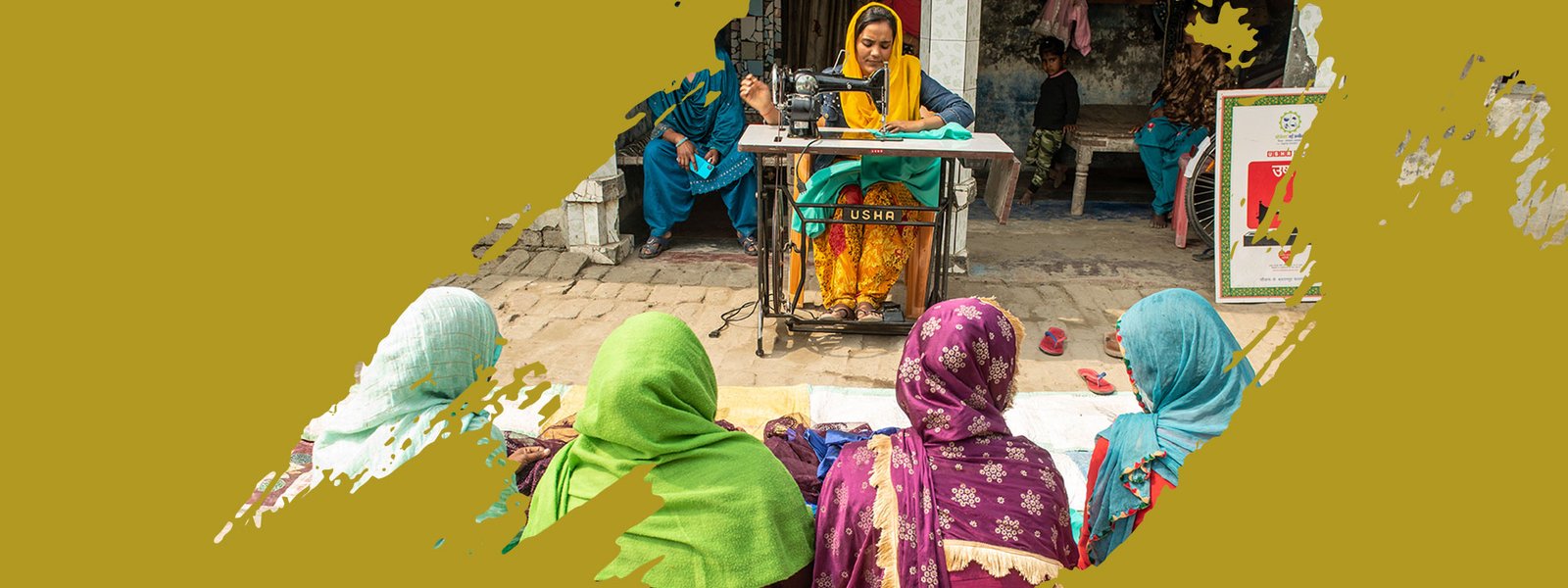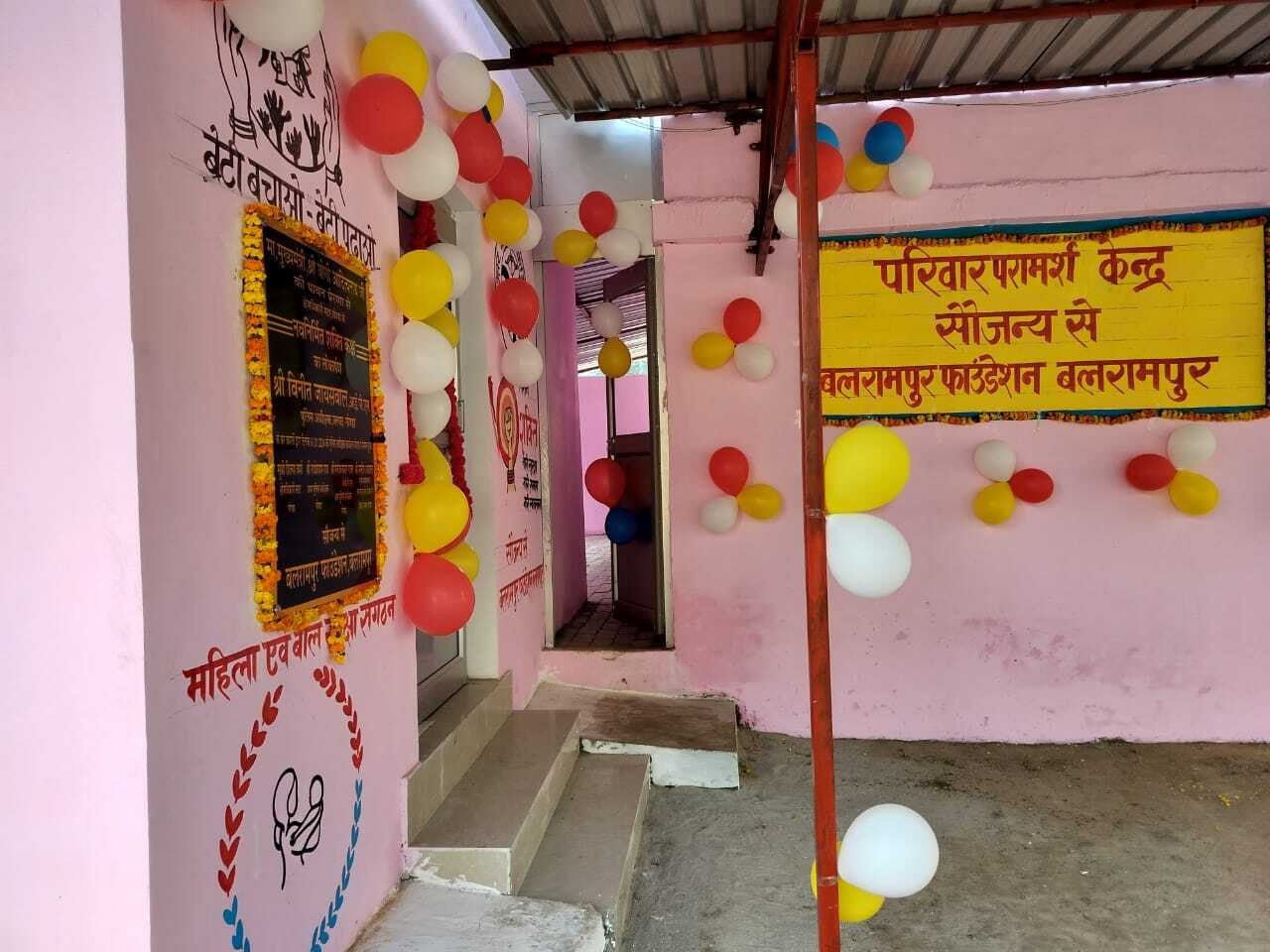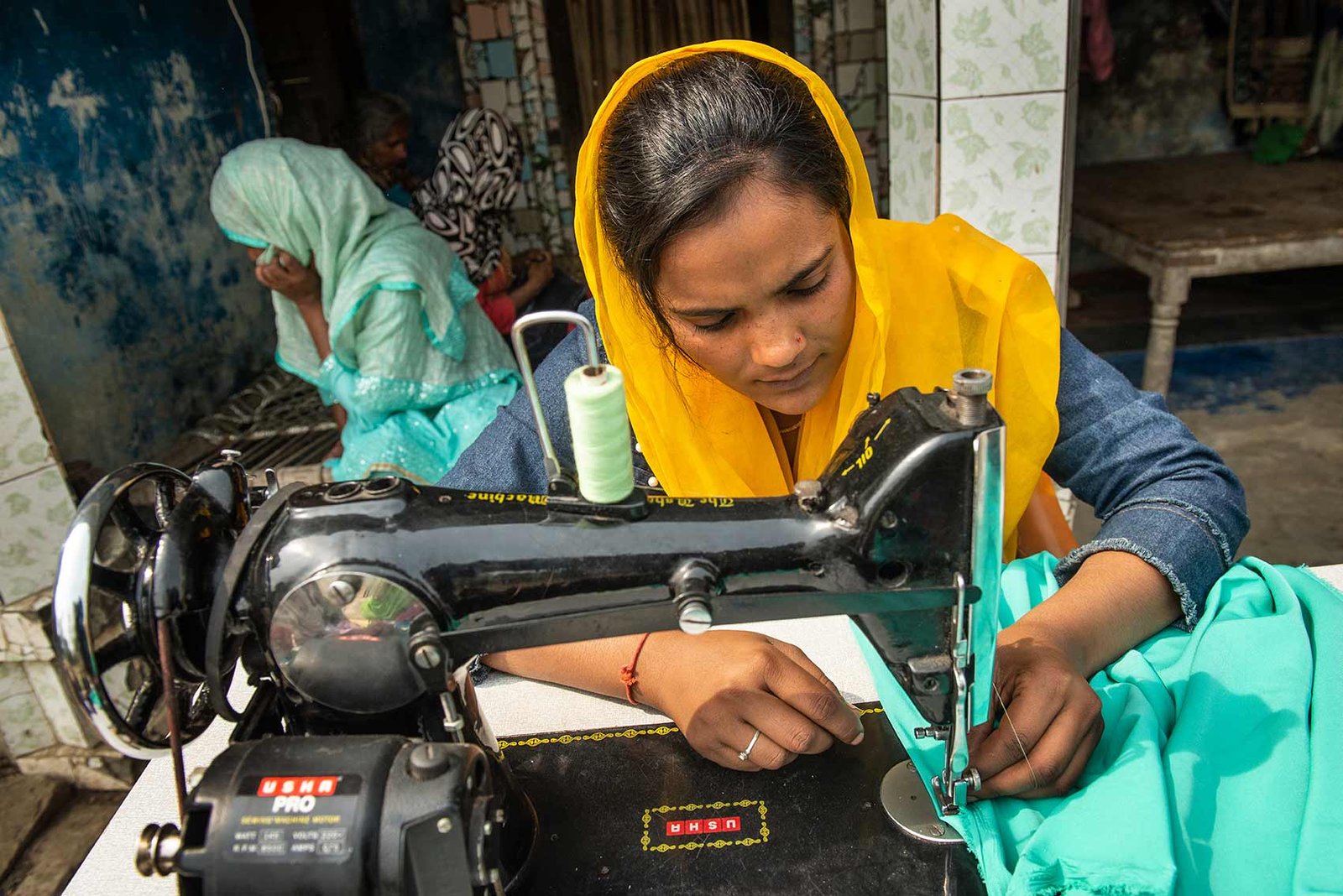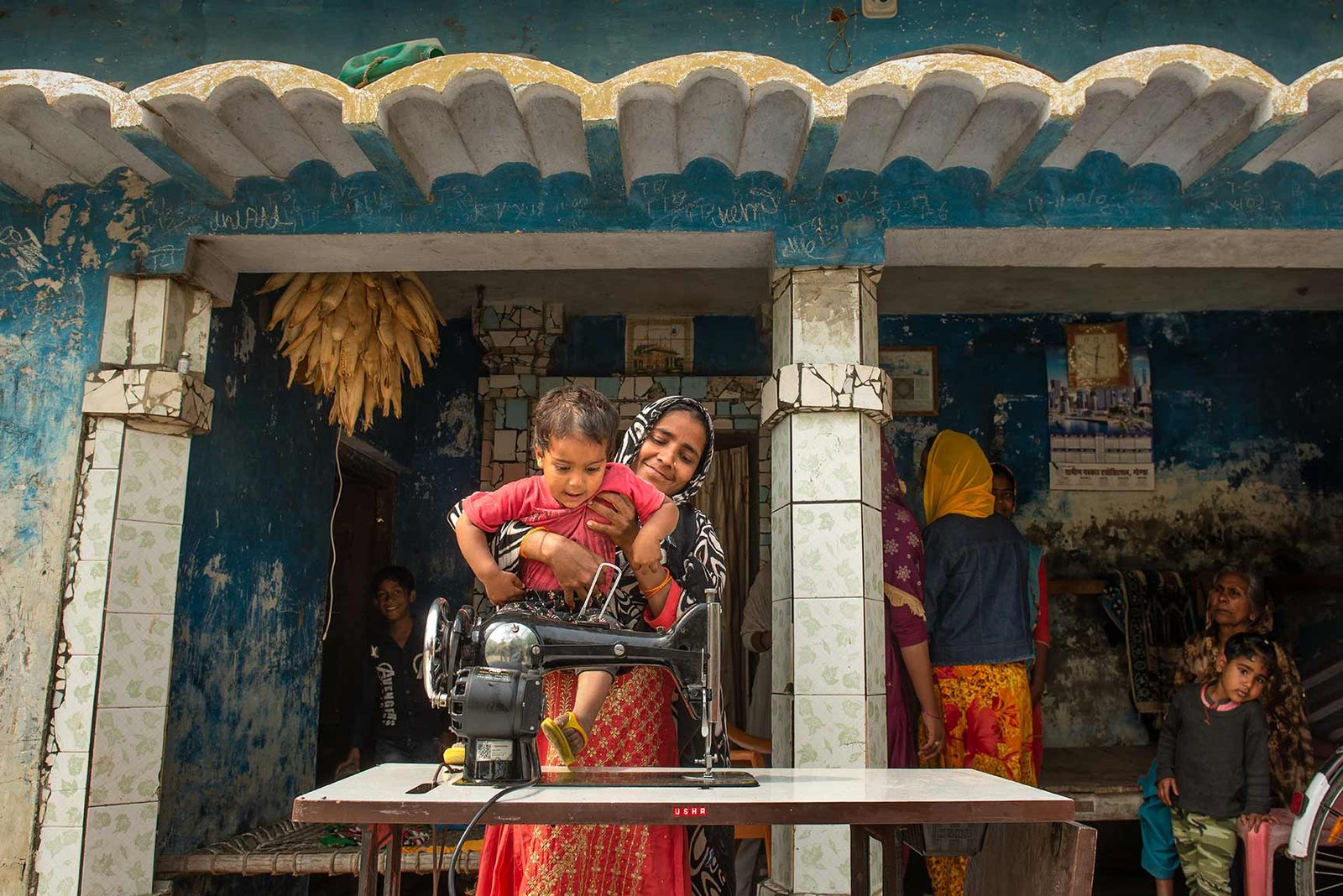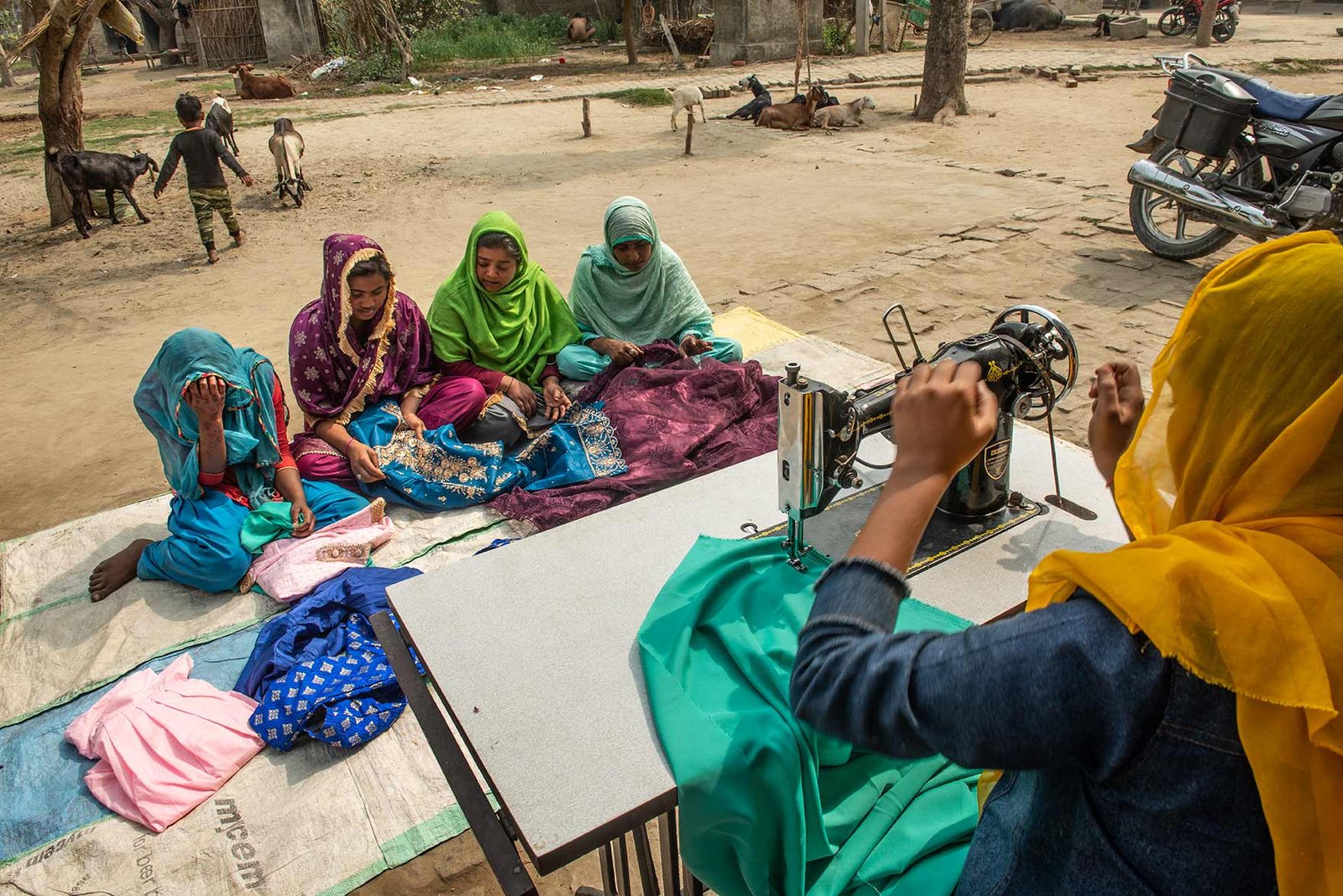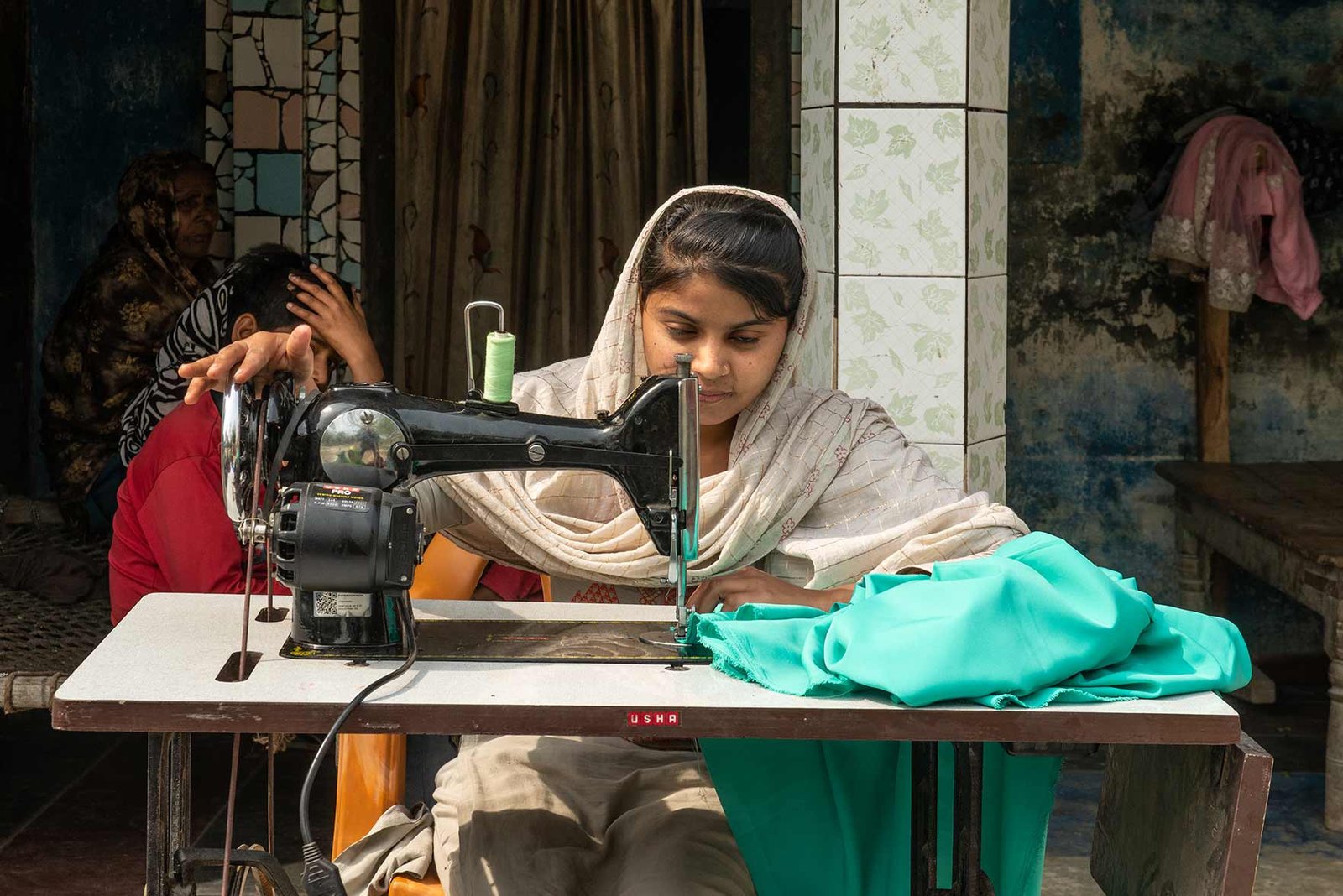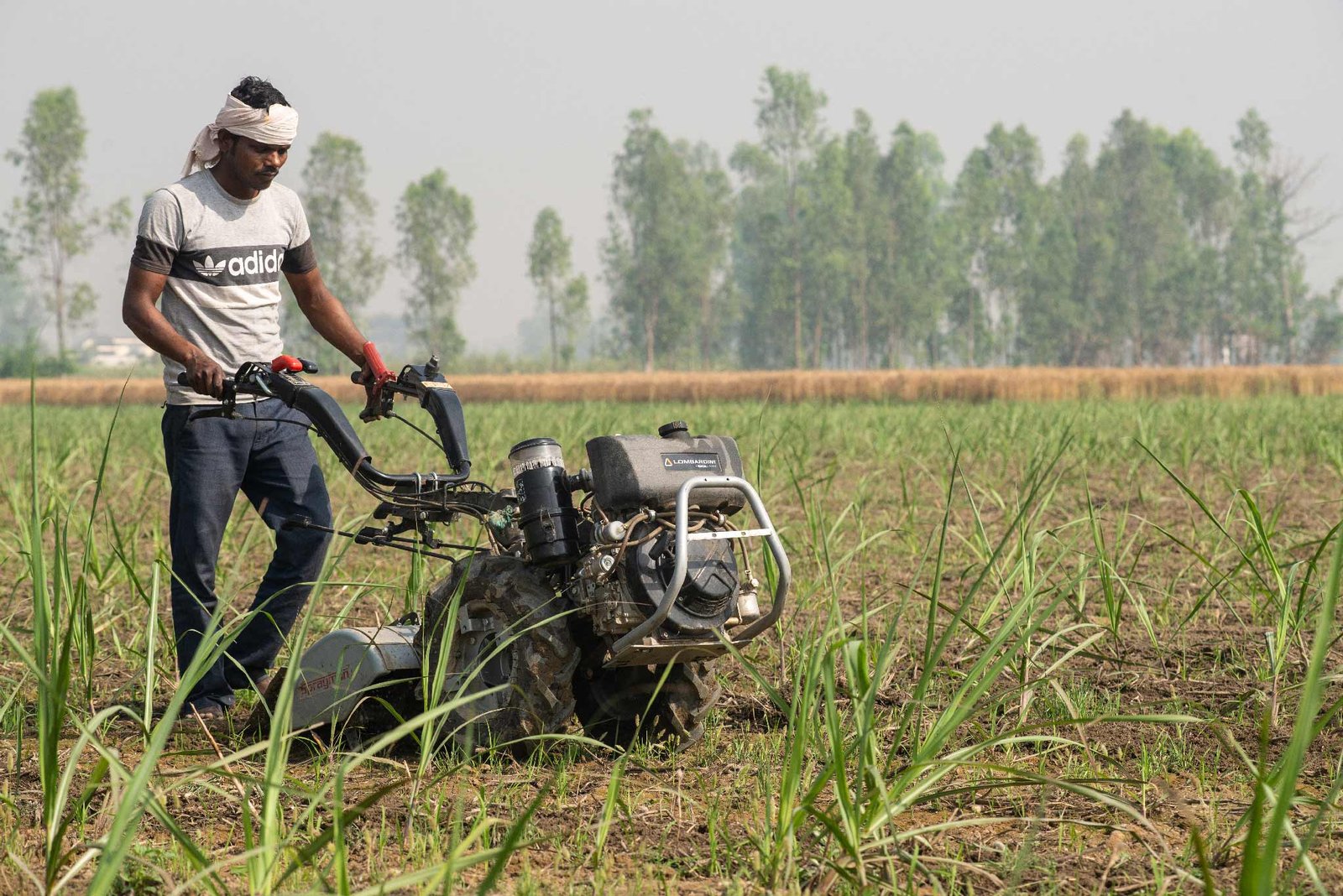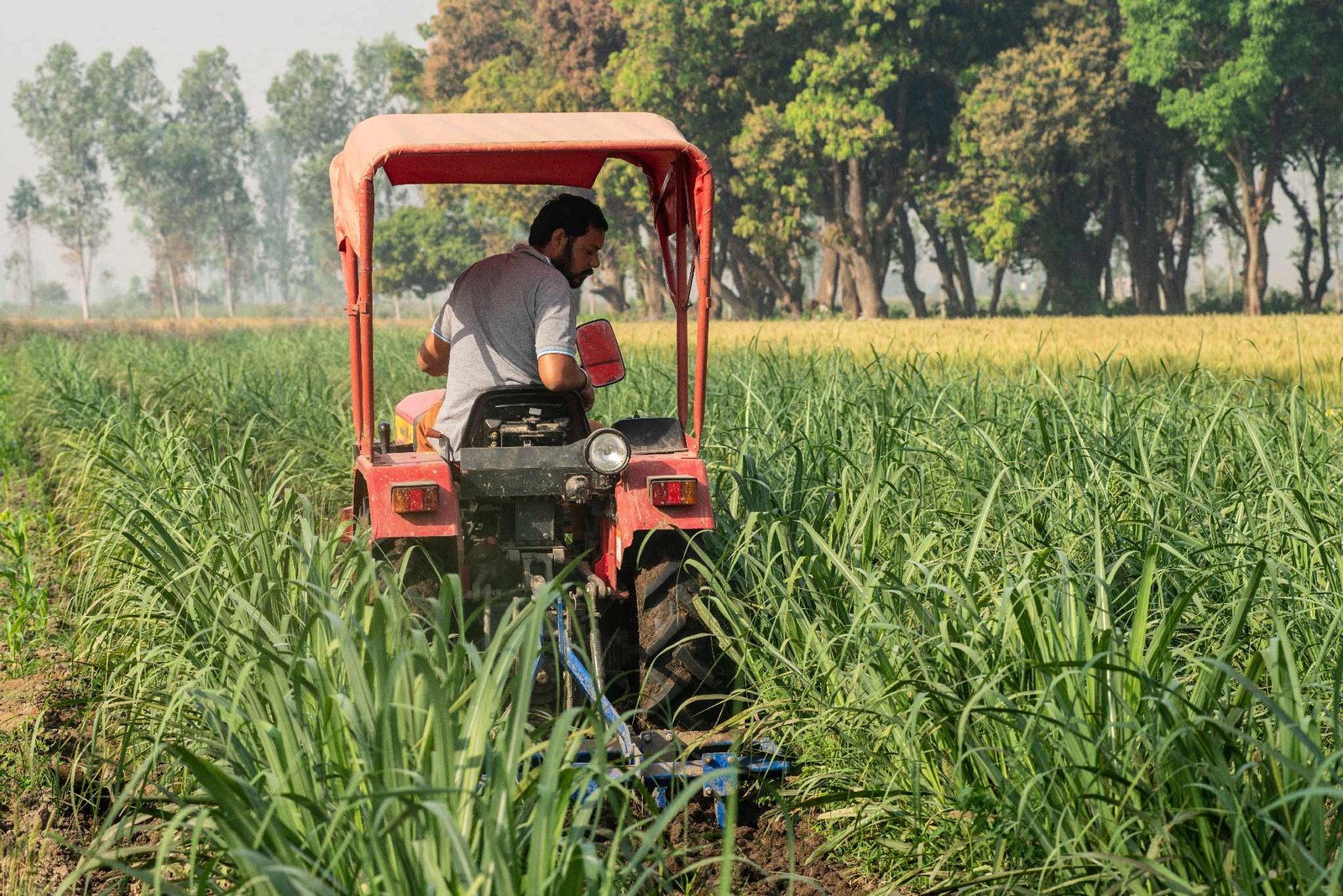
Overview
The Sustainable Livelihoods and Women Empowerment initiatives in Uttar Pradesh aim to improve the economic and social status of farmers and women. They provide support to farmers with small and marginal land holdings, granting access to modern farm machinery and equipment through various initiatives. Capacity building is fostered by training programs, empowering farmers, and women with essential skills. The initiatives also strive to enhance livelihood opportunities through activities such as distributing agricultural equipment to farmers, establishing Silai Schools and Training Centers in partnership with Usha International Limited to promote vocational skills among women, and implementing Project Nayi Umeed in collaboration with the Balrampur Foundation to uplift marginalized sections of society. These comprehensive efforts have resulted in positive changes, empowering women, and promoting sustainable development while uplifting the economic prospects of farmers in the region.
“Lorem ipsum dolor sit, amet consectetur adipisicing elit. Necessitatibus nostrum mollitia, repellat assumenda cumque laboriosam quibusdam quod reiciendis quia quisquam vel rem similique eveniet sed quas consequuntur! Dignissimos, quasi beatae.
Women's Benefitted
Farmer's Benefitted
Farms Equipment's Distributed

The Challenge
The initiatives for sustainable livelihoods and women empowerment in Uttar Pradesh face several challenges. These include limited access to resources and funding, ensuring the effectiveness and inclusivity of capacity-building programs, overcoming cultural barriers, addressing gender disparities, and promoting women's participation in economic activities. Additionally, sustaining the impact of projects and fostering community support remain significant challenges in achieving long-term positive outcomes.
Strategic Approach
To tackle this challenge, our strategic approach involves several key components.
Comprehensive Needs Assessment: Conduct a thorough assessment to understand the specific needs and aspirations of the target communities, both in terms of livelihood opportunities and women empowerment.
Gender-Responsive Programs: Design programs that are gender-responsive, addressing the unique challenges faced by women and promoting gender equality in access to resources, education, and economic opportunities.
Capacity Building: Provide comprehensive capacity-building programs, including vocational training, financial literacy, and entrepreneurial skills, to enhance the capabilities of individuals, especially women, to succeed in their chosen livelihood ventures.
Access to Resources: Facilitate access to financial resources, agricultural inputs, and market linkages to support livelihood initiatives and empower women to become financially independent.
Community Engagement: Engage the community actively in program planning and implementation, promoting a sense of ownership and encouraging support for women's empowerment initiatives.
Monitoring and Evaluation: Establish a robust monitoring and evaluation framework to track the progress and impact of the initiatives, enabling data-driven decision-making and continuous improvement.
Sustainability Planning: Develop strategies for the long-term sustainability of the projects, including measures to ensure financial viability and community buy-in, beyond the initial project period.
By adopting this strategic approach, the sustainable livelihoods and women empowerment initiatives can overcome challenges, create lasting positive change, and empower women to become active contributors to the economic and social development of their communities.

Testimonial




